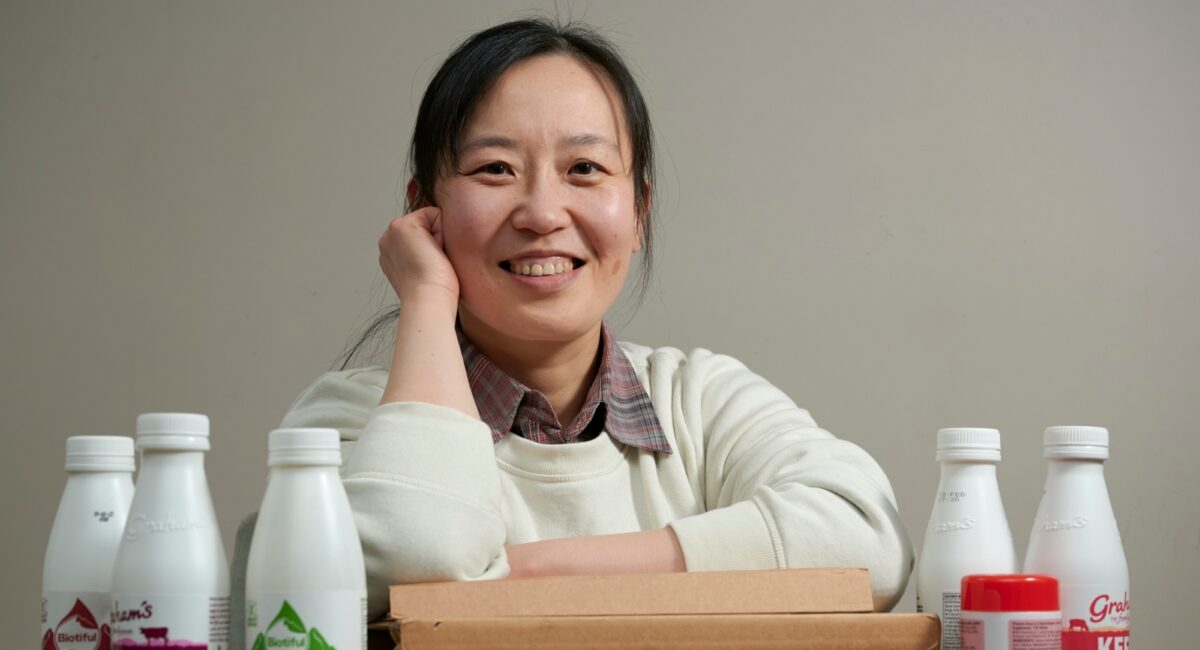
Edinburgh-based clean tech company, Danu Robotics, is working with EPCC’s supercomputing capabilities to develop a system which aims to automate waste sorting at recycling plants – also known as materials recovery facilities (MRFs) – with speed and accuracy, thereby increasing the quality of output and reducing costs.
Xiaoyan Ma, founder of Danu Robotics, who completed her EPCC MSc programme in HPC with Data Science in 2021, was motivated to come up with a solution after she found how relatively inefficient the current industrial recycling process is. Xiaoyan has combined her expertise in high performance computing (HPC) with her environmental passion to revolutionise the efficiency of the recycling sector with an AI-powered, vision-guided, robotic sorting system.
Recycling waste could make a massive contribution to saving the world’s limited resources and curbing climate change, but often the materials that end up on the conveyors of the MRFs are not always what recyclers want. Among the recyclables are many contaminants such as plastic bags, tin foil, coloured paper and containers soiled with food waste that have to be removed by hand.
This requirement for human intervention on MRF conveyor lines slows up the recycling process, but Danu Robotics is developing a system which can visually identify recyclable and non-recyclable materials on a fast-moving conveyor belt and control robot ‘picker’ arms to locate and remove contaminants at speed.
The Danu Robotics solution is based on machine learning software that can visually identify recyclable and non-recyclable material and remove any items that should not be there.
While trained human operators can work at an average of 10-20 picks per minute, Danu Robotics’ prototype system, at the moment, can work at 40 picks per minute and reduce the contamination rates to below 1 per cent, saving on operating costs ranging from 30 per cent to 100 per cent.
Once the initial system training was completed, Danu Robotics created software to direct the robotic sorting system to remove contaminants from a moving conveyor belt as efficiently and effectively as possible. For this part of the programme, the company called in EPCC for support.
Dr Julien Sindt is a specialist in high performance computing at EPCC and supports academics and commercial companies that want to use the organisation’s supercomputer resources for their projects.
They had worked together before on a small project to outline the Danu Robotics’ systems architecture to explain the concept to potential investors and on training the artificial intelligence part of their system to identify recyclable and contaminant items.
EPCC’s Cirrus supercomputer provided significant professional software engineering support, processing the data and helping to train the software.
The system is designed to be sustainable, flexible, affordable, scalable and future proof. Most importantly, this technology is a key enabler for efficient and effective recycling to take place globally, can help recover valuable resources from waste and promote the achievement of the circular economy.